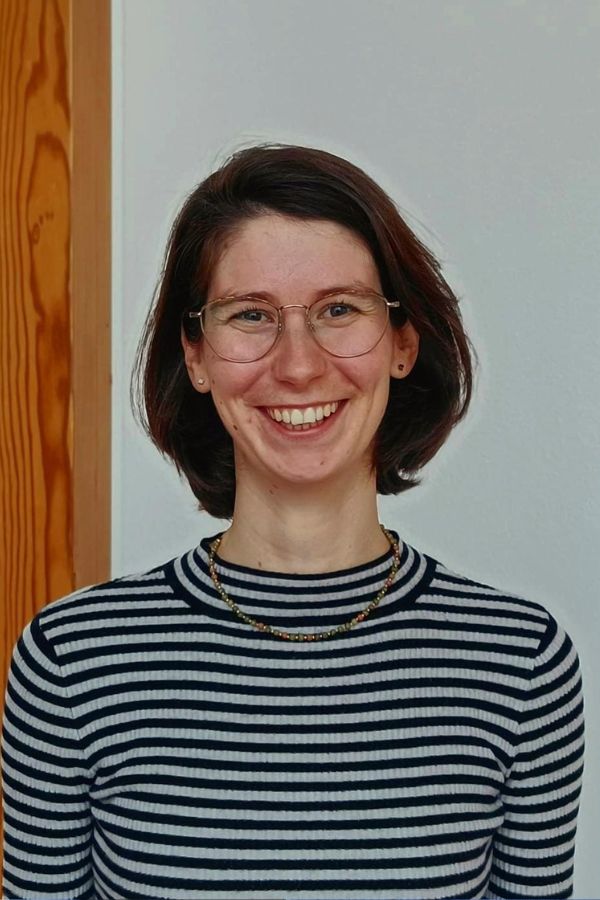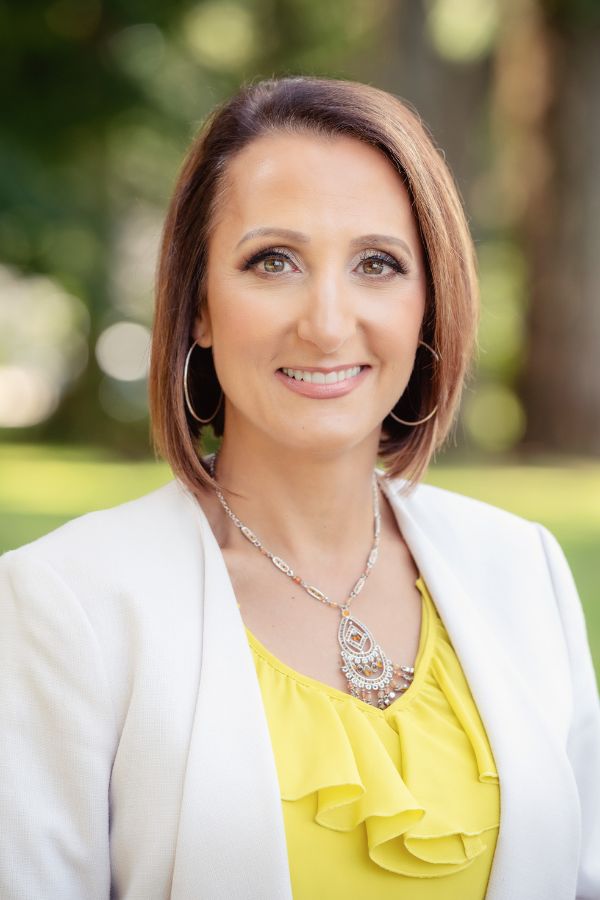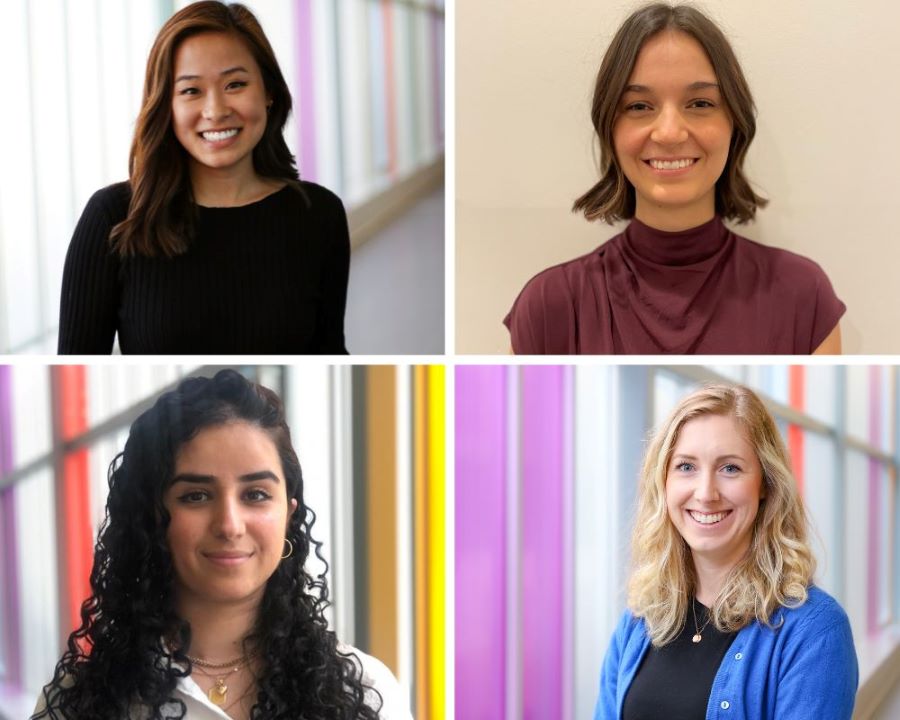
On February 11, in celebration of the International Day of Women and Girls in Science, the BC Children’s Hospital Research Institute (BCCHR) will host Women in Science. This year, the event is dedicated to mentoring high school students of all genders who will have the opportunity to network with a diverse group of 25 trainee mentors — women+ researchers pursuing their master’s degree, doctoral degree, or postdoctoral fellowship. (Update: Due to overwhelming demand, registration is now closed. Subscribe to our newsletter for news on upcoming events.)
“When you ask children to picture a scientist, they’ll most likely draw a white man, so it’s incredibly important that a diverse group is visible and aspiring scientists can have role models,” says Dr. Mandy Meijer, a postdoctoral fellow in the Kobor Research Team at BCCHR. Dr. Meijer, who is also the moderator of the event, recommends that students wanting to become the next generation of scientists connect, whenever possible, with researchers working in the science, technology, engineering, and mathematics (STEM) field.
In addition to interacting with researchers and mentors in small groups, students attending this event will be invited to watch a 20-minute presentation from the keynote speaker Dr. Lori Brotto, Executive Director of the BC Women’s Health Research Institute (WHRI) and an investigator at BCCHR and WHRI. She also encourages a reflection on what comes to mind when imagining a scientist.
“Oftentimes, people may think of the image of the ‘mad scientist’ holding a test tube, and not appreciate that research is a process of asking and answering questions about nearly all aspects of life,” Dr. Brotto says.

Dr. Brotto enjoys talking to students about how her research journey began and where it has taken her. “Connecting with the public is key in knowledge translation and helps demystify what we do by offering people the space to ask questions in a fun learning environment,” she says. In her leadership role, Dr. Brotto works to address and dismantle gender biases that could prevent women from advancing in their academic careers. “When I began research in sexual health, nearly all of the studies had been focused on men and most of the scientists in the field were also men, so I often have direct and open conversations with trainees and early career scientists to discuss their aspirations.”
Dr. Meijer appreciates collaborating with other scientists and communicating with the public as well. “We shouldn’t be doing science in ivory towers, so it would make me very happy to inspire young women to follow their passion and help the world become a better place,” she says. With nurses in the family and a curious mind, Dr. Meijer decided to study medical sciences to understand how the human body works, learn about the mysteries of the brain, and contribute to pushing the frontiers of knowledge to improve people’s wellbeing. “It feels like solving a puzzle, and it’s a privilege to collectively work on a project and learn from intelligent and motivated people all over the world.”
Since the start of her scientific career, Dr. Meijer has had mentors. “Every moment I’m interacting with them I feel like they’re prioritizing my growth,” she says. Participating in activities involving students is a way to pay it forward. Once, she rewrote one of her scientific articles for an audience of 12-year-olds — her research focuses on better understanding the biology underlying attention-deficit/hyperactivity disorder (ADHD).
“I love baking cakes, so a great team of scientists and I used an analogy of a cake factory to explain epigenetics and how I study this concept in the context of ADHD,” says Dr. Meijer.
For students who are considering a career in science but don’t have enough support, Dr. Meijer has a piece of advice: “some of my school teachers would’ve never thought that I’d be a scientist, writing code and doing statistics, so never let people tell you what you can’t do. Find mentors you admire and identify with. There’s nothing more important than being surrounded by people who support you.”
What other mentors at the event say:

“My successes as a first-generation graduate student wouldn’t be possible without the women mentors and role models who came before me. Together, we’ll continue to break barriers and lead the way for the following generations. Don’t be afraid to seek out as many perspectives and experiences as possible.” — Laura Chan, doctoral student, Leavitt Research Team
“I’m happy to be involved in the Women in Science initiative and encourage high school students to get excited about the STEM field. I've had many lovely mentors, and I’m eager to pass that knowledge along and help young girls learn more about this field!” — Madeline Baron, master’s student, Gorges Research Team
“Pursuing a career in science requires persistence and self-belief. Seek out mentors who see your potential, and trust that your unique perspective is valuable. Your voice belongs in science as much as anyone else’s.” — Kwestan Safari, doctoral student, Sly Research Team
“Getting involved in networking events with other women in science and aspiring scientists is very important. Not only do I get to share my experience at the event, balancing many facets of life (work-research-home), but I also get the privilege to learn from those attending and speaking.” — Kaitlin Berris, doctoral student, Elango Research Team




